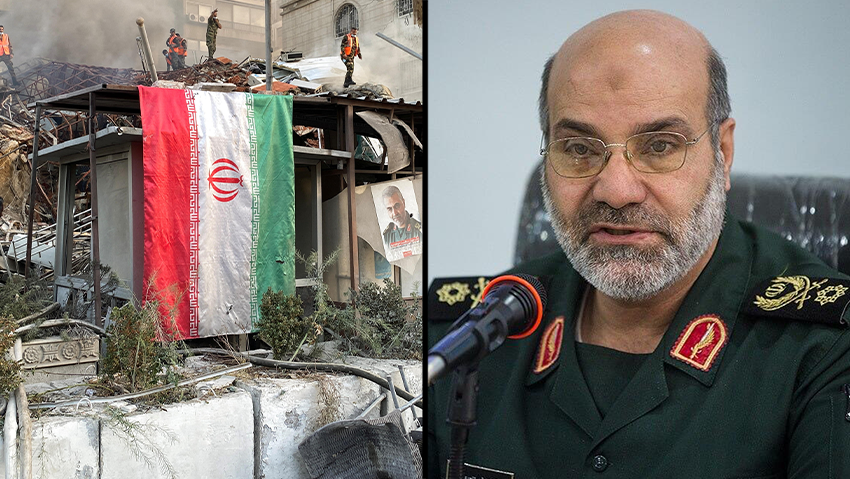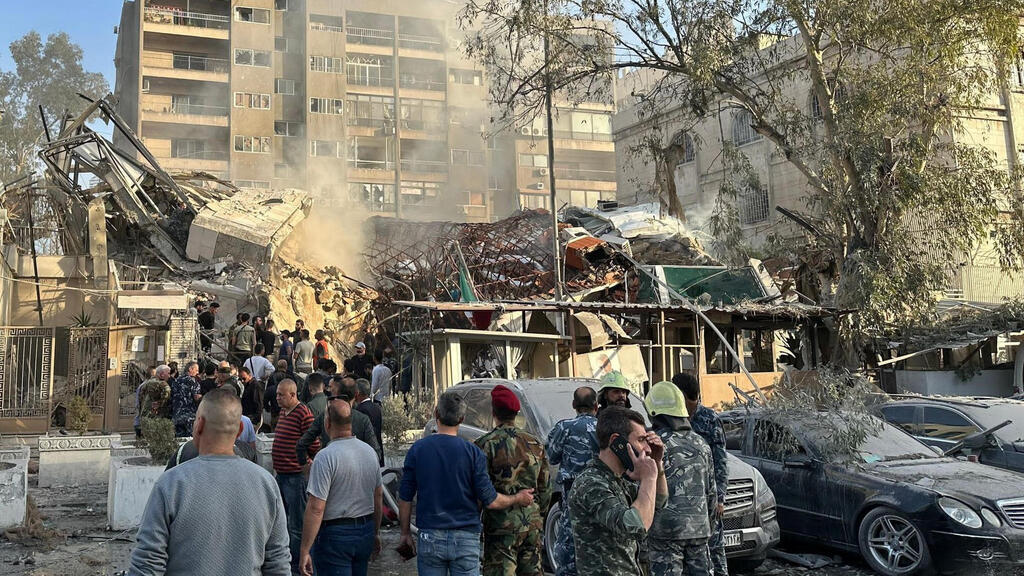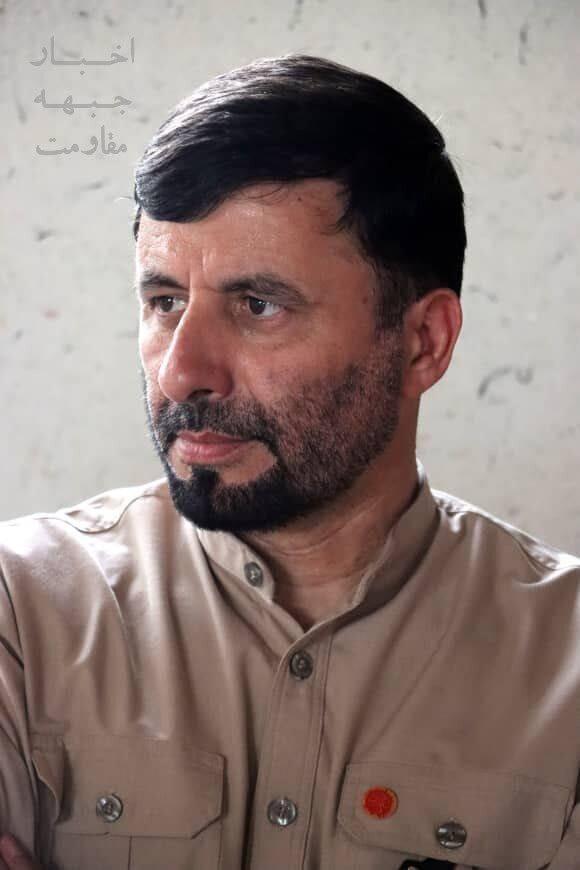Getting your Trinity Audio player ready...
The elimination of Islamic Revolutionary Guard Corps (IRGC) commander Mohammad Reza Zahedi in Damascus on Monday is the most significant one attributed to Israel since October 7. The attack on a building belonging to the Iranian embassy sends a significant message to both the Islamic Republic of Iran and Syrian President Bashar al-Assad's regime in Syria.
The IDF has bolstered its readiness following Zahedi's death, and Iran has accused Israel of utilizing F-35 fighter jets to target the building close to the Iranian Embassy in Syria's capital of Damascus.
Zahedi served under Quds Force commander Esmail Qaani but was more influential and had more impact on Iranian forces. Under his command, all plans for directing Iranian combat assets to Syria and Lebanon were approved, and the targeted building in the attack in Damascus served as a military command center for the local Iranian forces.
Zahedi was a senior IRGC officer serving as Iran's envoy to command the Quds Force in Lebanon and Syria. He effectively led the IRCG's regional Intelligence Division, and ground and air forces. He was also involved in planning terrorist operations within Israel. Iran's Ambassador to Syria said Tehran's response "will be severe."
IDF Spokesperson's RADM Daniel Hagari addressed the attack on Monday saying, "I don't talk about attacks reported on by foreign media. We're focused on completing Israel's war objectives.
According to a report published last year by Iranian news outlet Iran International, Zahedi supervised Iran's air defense system in Syria, replacing an individual expelled from the country.
"Zahedi isn't only a senior Iranian military figure but is also highly experienced and seasoned. He commanded the IRGC during the Iran-Iraq War in the 1980s and led its ground and air forces. He held several senior positions in the General Staff of the Armed Forces of the Islamic Republic of Iran. He is the highest-ranking general killed since the death of Qasem Soleimani," The Syrian Scientific Studies and Research Center reported.
The Syrian Defense Ministry issued a statement on the attack it attributed to Israel. The statement said that the country’s air defense system attempted to intercept the attack and succeeded in intercepting some of the missiles fired at the building in Damascus. It was added the building was completely destroyed, and everyone inside it was killed or injured.
According to Iranian reports, Zahedi’s deputy Haji Rahimi and Hussein Amir Allah, the Iranian Revolutionary Guards Chief of Staff in Syria and Lebanon, were killed in the strike along with two other Iranians.
"We condemn the terrorist attack on the Iranian embassy building in Damascus, which led to the deaths of several innocent people," Syrian Foreign Minister Faisal Mekdad said in a statement.
Iranian Foreign Minister Hossein Amir-Abdollahian said: "Netanyahu is out of balance due to the losses in Gaza and his failure to achieve his war goals. This attack is a violation of diplomatic norms and international law. We hold Israel responsible for the consequences of this move. The international community must take a firm stance against these crimes."
Ynet's military analyst Ron Ben-Yishai notes the attack near the Iranian embassy – which Israel has yet to take responsibility for - has two aspects: according to reports in Arab media, it seems the consulate had ties to the operation of pro-Iranian militias working against Israel from Syria alongside Hezbollah; the second aspect is the launching of the drone toward Eilat that hit an IDF Navy base – which was reportedly carried out by Iran-backed Iraqi militias.
Israel recently stuck deeper into Lebanon in the Baalbek area, which estimates believe prompted Iran to launch attacks by its proxies toward Eilat and the Galilee, as a demonstration of their abilities.
If Israel was responsible for the attack, this can be seen as a warning to Iran – deterring them from attacking targets deeper inside Israeli territory in fear of retaliatory attacks against their officials in Syria.
Scene of attack in Damascus








